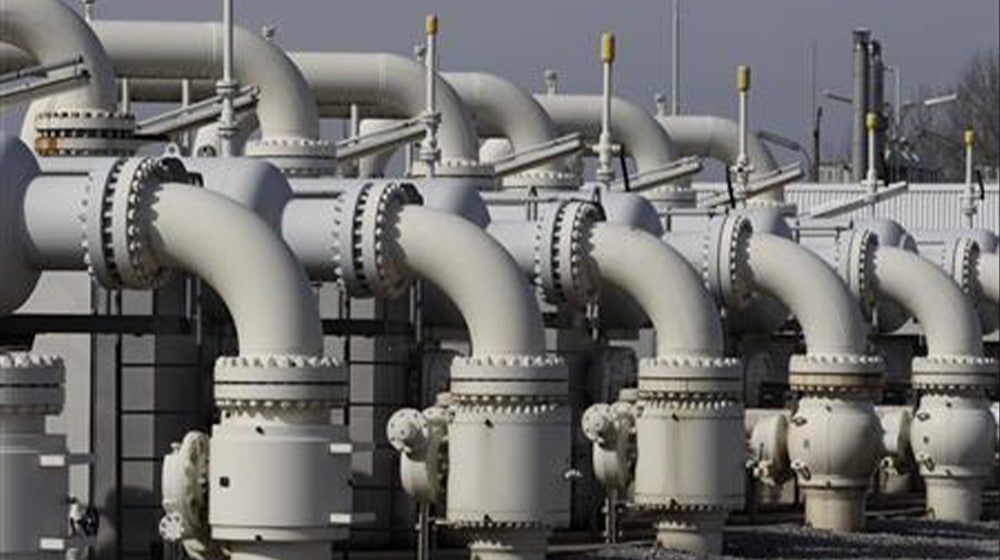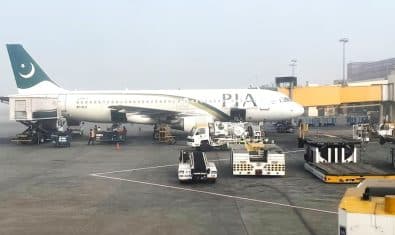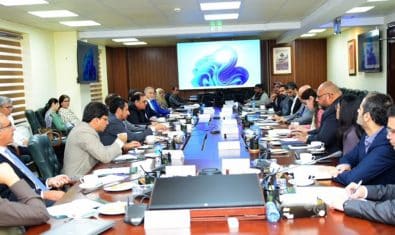The government is likely to enhance the RLNG tariff of $6.5 per MMBTU to discourage the rent-seeking nature of Captive Power Plants (CPPs), reported Business Recorder.
A committee formed by the prime minister and chaired by the finance minister recently discussed and considered the tariff adjustment during a high-level meeting of the Petroleum Division in Islamabad. Secretary Petroleum briefed the committee about the approved gas supply priority order, which prefers the export sector, including CPPs, power, and fertilizer.
The meeting was informed that the total number of captive (export and non-export) CPPs is 1,218 with a gas load of 403 MMCFD. The captive (export) tariff is Rs. 819 per MMBTU, while the captive (non-export) tariff is Rs. 1,087 per MMBTU.
The Petroleum Division approved guidelines for conducting energy efficiency audits of CPPs up to 50 MW and above 50 MW capacities in June 2020 with the approval of the Cabinet Committee on Energy (CCoE). However, the CPPs got stay orders against the efficiency audit.
According to the Secretary of Petroleum, the CCoE decided in January 2021 to disconnect the gas supply to CPPs (non-export) with sufficient electricity load by February 1, 2021, and to CPPs (export) with sufficient electricity load by March 15, 2021. However, before the Sui companies could proceed with the disconnections, the CPPs went to court and obtained stay orders against the disconnection of gas supplies after consulting with the respective power distributor.
Other members of the meeting noted that while the offered price structure of gas/RLNG to CPPs (export) is lower than the cost of fuels such as electricity and diesel, CPPs tend to use gas/RLNG less efficiently than RLNG-based power plants.
The Minister of State for Petroleum said CPPs with single-cycle/non-cogeneration technology should switch to the power grid. He also contended that measuring the efficiency of CPPs would be futile. He said productivity should be measured against the total volume of gas/RLNG supplied to the industry.
He emphasized that if gas supply to local industry is reduced, import substitution will occur, which could heavily impact the import bill.
It was agreed at the meeting that since the Petroleum Division is already evaluating adjustments for consumer gas tariffs, a revision to the gas tariff for CPPs on system gas may be assessed while keeping the cost of inter-provincial tariff for CPPs in mind.
The meeting participants also recognized that the only effective tool available to discourage the use of gas/RLNG in less efficient CPPs is to increase the current RLNG tariff of US$ 6.5/MMBtu. It is the need of the hour to prevent CPPs from using their resources to procure unwarranted monetary gains from external elements, be it directly or indirectly, while also simultaneously limiting gas/RLNG supply to the sector for conservation.





















